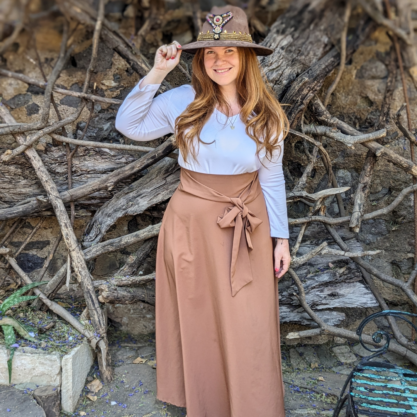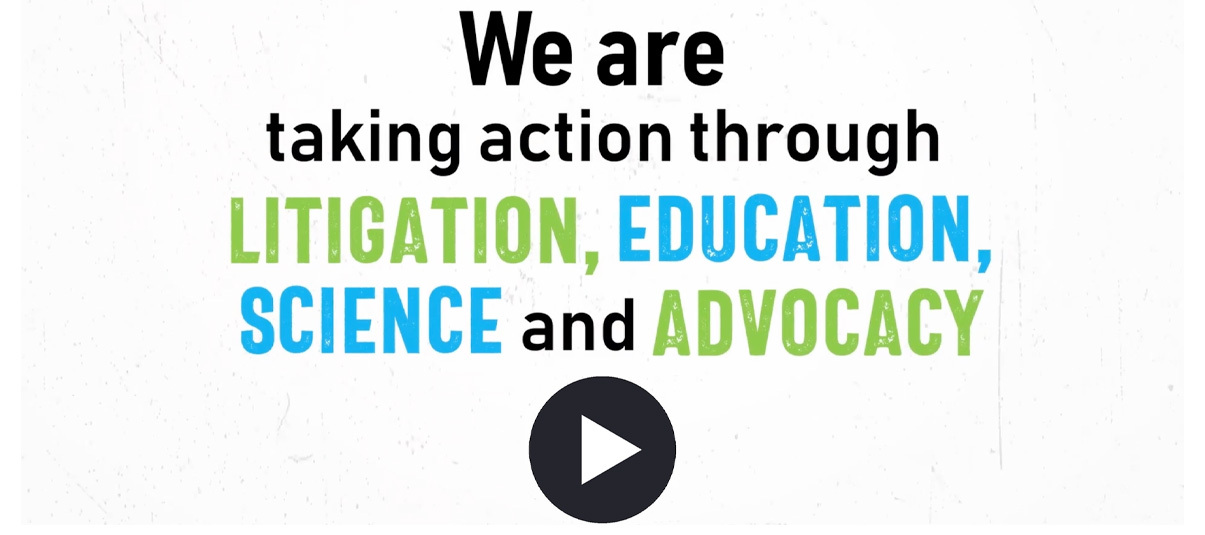Gentle Remedies for Fiery Emotions
Heilkunst Homeopathy for Angry Children
By Natalie Friese ND, HD, DMH
Naturopath, Homeopath, Doctor of Medical Heilkunst
Founder, The Dynamis Institute
The primal drives of early childhood are largely influenced by instincts and unconscious behavioral responses learned through culture, and over time, through social morality.
We’re deeply attached to our loved ones to fulfill our needs, and if this attachment feels threatened, a child’s reaction is often defensive—expressed through anger, pain, or jealousy. Communication evolves through speech, movement, play, and language as the child begins to develop an inner world of their own.
As they increasingly relate to and participate in the outer world, they learn to control their impulsive, instinctual desires through growing independence and the desire for social interaction.
This evolutionary path can often be hindered by multiple factors—traumas experienced, genetic predispositions (including inherited wounds/diseases), and even fears and false beliefs instilled by others.
In Heilkunst Medicine, we address three key areas of health when approaching imbalance and/or disease:
Dynamic Regimen & Nutrition:
When dealing with emotional struggles, including anger, we must consider lifestyle choices that could be causing the body to struggle, thereby affecting the mind. The challenge with anger, specifically, is that trying to get a volcanic human to follow any specific healing protocol can feel like arm-wrestling a bull. It’s crucial for the practitioner to focus on restoring the child’s natural relationship with their body and food, rather than aiming to restrict and fight against the forces of displeasure, which often leads to parental exasperation.
Dynamic (Homeopathic) Medicine:
There are potentially hundreds of homeopathic remedies that could help simmer the boiling point. In Heilkunst Medicine, using specific remedies, we address underlying shocks and traumas experienced by the child that may be standing in the way of their natural emotional self-regulation, maturity, and growth. These could be physical injuries, emotionally traumatic experiences, or negative effects from medical interventions.
To calm various symptoms such as irritability, rage, tantrums, or violence, we may use some of the following homeopathic remedies:
- Belladonna: This remedy addresses quick and sudden outbursts. Tantrums may lead to violence, including biting, striking, and attempts to flee. Dilation of pupils, moments of stupor, and muttering may occur. Changeableness, tears, fury, and heat of the body are common.
- Nux Vomica: Easily irritated by light, noise, smells, and touch. Very critical and impatient; a strong personality that can fly into a fiery rage. Known as the “grumpy old man” of remedies, with a total intolerance for the slightest contradiction. Ill effects from toxicity.
- Stramonium: The child is full of excitement, fear, and rage, with a wildness in their eyes and actions. You may observe murmuring, spasmodic laughter, cursing, incoherent chatter, screaming, hastiness, and violent tantrums (including striking). Cannot stand being alone—needs light and company.
- Staphysagria: Lack of self-worth, embarrassment, and disappointment are at the core of this remedy. Health anxiety, suppressed anger with sudden outbursts. Oversensitivity, easily vexed, and ill effects from abuse, emotional trauma, and victimization.
- Cina: Ill-tempered children who cannot stand to be touched, crossed, or carried. They seek help but won’t accept it. The child wants to be rocked, but it doesn’t seem to help. They often feel as though they’ve done something wrong. Easily annoyed and offended. Common in children with parasitic infections (with sunken eyes and pale faces).
Therapeutic Education:
The final area we address is uncovering the deeper, underlying meanings behind these symptoms and behaviors. Where is the anger coming from? What is the body trying to communicate? What is its purpose? What is it trying to teach? Is there a genetic component that can be addressed through remedies? How does fear factor into the equation?
Another critical part of our treatment is identifying the healthy behaviors of the child versus those that seem imbalanced or part of a disease picture.
“Heilkunst” means whole healing, which requires us to understand the bigger picture. It’s not just about finding one remedy—it’s about helping each person become the healthiest and most fulfilled version of themselves.
Using drugs to tame the flame is like trying to use a fire extinguisher on the earth’s core.
As a primary emotion, anger plays many roles, such as fostering self-awareness, willpower, empathy, and self-protection.
“Anger in moderation has the mission of leading human beings to love; we can call it the teacher of love.” —Rudolf Steiner
To suppress it blindly means to dampen the forces of passion, self-expression, creativity, motivation, and emotional intelligence.
Suppressed anger can also lead to various physical health issues, such as headaches, gastrointestinal problems, allergies, high blood pressure, and a weakened immune system. The constant, unexpressed stress response can take a long-term toll on the body.
Getting Help:
Homeopathic remedies stimulate the body to heal itself. They do not tax the body, nor do they hinder the child’s natural development and emotional unfolding. Gentle remedies for fiery emotions don’t just soothe anger—they address the underlying cause of the disturbance, helping re-establish an emotional balance that can ebb and flow healthily throughout the rest of the child’s life.
 Natalie Friese ND, HD, DMH
Natalie Friese ND, HD, DMH
Naturopath, Homeopath, Doctor of Medical Heilkunst
Founder, The Dynamis Institute & Nature’s Vibe Natural Healthcare
Natalie’s career in Natural Healthcare started early on in her life, motivated by natural remedies saving her twin sister’s life. Over time, Natalie has worked with tens of thousands of people from all over the world using her training and expertise in Heilkunst, Homeopathy and Mind-Body Medicine. She is a published writer, an inspirational speaker, and a passionate educator. In 2020, she founded The Dynamis Institute to help others reach true health sovereignty and peace of mind. You can find Natalie on Instagram and LinkedIn
Disclaimer: This article is not intended to provide medical advice, diagnosis or treatment.
References: The Stages of Life According to Rudolf Steiner (institute4learning.com) https://rsarchive.org/Lectures/Metamorph1/19091205p01.html http://www.homeoint.org/books3/kentmm/stram.htm https://www.ijrrjournal.com/IJRR_Vol.10_Issue.8_Aug2023/IJRR32.pdf Concordant Materia Medica, Frans Vermulen https://www.homeobook.com/temper-tantrum-and-miasms/#google_vignette

